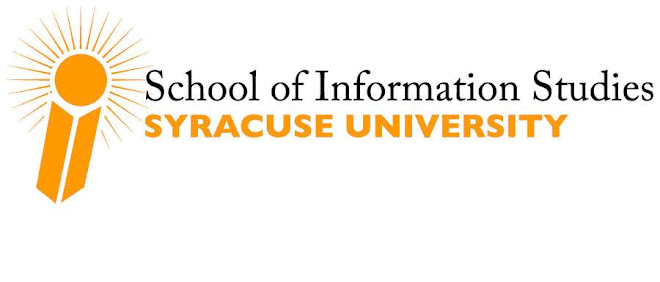In the 1980s, 20 library schools closed their doors due to a variety of reasons--loss of accreditation, waning enrollment, and the emergence of a broader field of information science. Those who didn't evolve, closed their doors. Today, more than half of the schools who call themselves iSchools have roots as library schools, accordin to doctoral student Andrea Wiggins, who presented during the opening day of the 2008 iConference on faculty hiring in iSchools and the broader implications of those hires on the iField.
She pointed out one of the most striking features about iSchool faculty is the diversity of academic training they have. For instance, faculty members from the 19 iSchools who are members of the iCaucus represent 172 unique areas of study. She combined similar areas to reach a total of 13 categories of study, ranging from computer science and library science to psychology and political science.
Based on U.S. News Rankings of other academic fields, such as computer science and engineering, the highest ranked schools have the least diversity in faculty degrees. However, the opposite appears to be true for iSchools. "Diversity accrues rewards in their reputation," she said.
Wiggins ended her presentation by asking what iSchools could lose if they try to define themselves too narrowly or if they establish a common identity, like what the iCaucus is setting out to do. Will iSchools end up hiring only graduates of iSchools on their faculty? How will that affect the nature of iSchools?
"Diversity in faculty pedigree may be part of the 'special sauce' of an iSchool," she said.


2 comments:
The slides for the presentation are available to view here: http://www.slideshare.net/AniKarenina/community-identity
Did you know that you can shorten your long links with Shortest and receive money for every visitor to your shortened urls.
Post a Comment